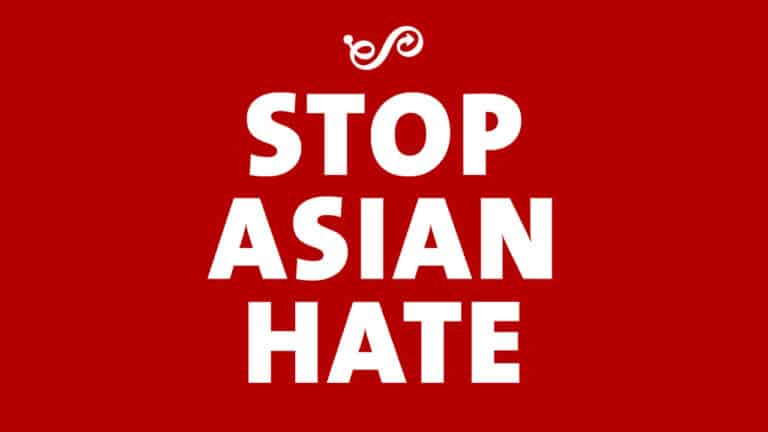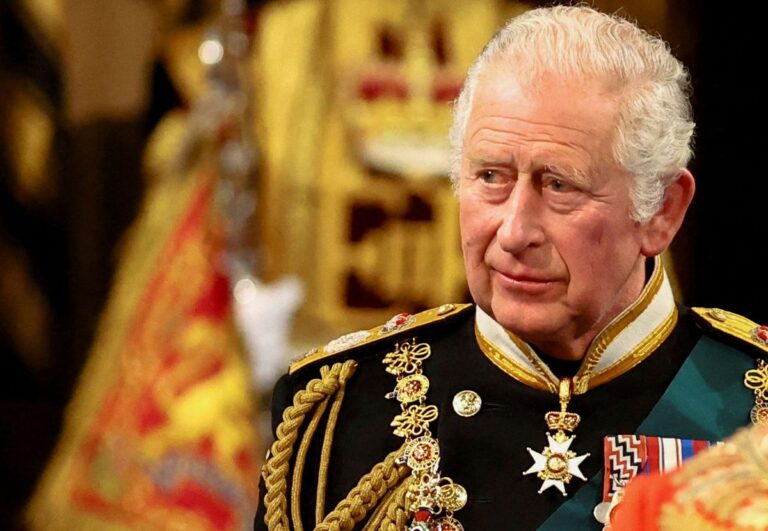US Scientists Win Nobel for mRNA Breakthrough. American scientists Drew Weissman and Katalin Karikó have been awarded the 2024 Nobel Prize in Medicine for their groundbreaking work on gene regulation. Their pioneering discovery has revolutionized modern medicine. Leading to the development of mRNA-based vaccines. Which played a crucial role in combating the COVID-19 pandemic.
The Nobel Assembly at the Karolinska Institute in Sweden praised the duo for their innovative research. Which unlocked new possibilities in genetic medicine. Weissman and Karikó’s work focused on understanding how mRNA (messenger RNA) could be modified to safely. It effectively instruct cells to produce specific proteins. This breakthrough allowed the development of mRNA vaccines. Which have been used globally to protect millions from COVID-19.
Their discovery is not only vital in the fight against infectious diseases but also opens up new avenues for treating other conditions. Such as cancer, autoimmune diseases, and genetic disorders. By regulating gene expression, the technology behind mRNA could be used to treat a wide range of diseases that were previously difficult to target.
Moreover, Katalin Karikó, originally from Hungary, and Drew Weissman. A professor at the University of Pennsylvania, have worked together for decades. Despite facing many challenges and skepticism from the scientific community early on. Their determination paid off when their work became instrumental in creating the COVID-19 vaccines developed by Pfizer-BioNTech and Moderna.
Moreover, in their Nobel acceptance speech, the pair acknowledged the long journey of their research and expressed hope for the future of gene-based therapies. Karikó emphasized the potential for mRNA technology to address many more health issues beyond COVID-19.
This Nobel Prize recognition highlights the vital importance of their research in changing the landscape of medicine. Their work not only saved lives during the pandemic but also set the stage for future medical breakthroughs in personalized treatment and vaccine development.
As the scientific community celebrates, the duo’s contribution marks a pivotal moment in the history of modern medicine.















